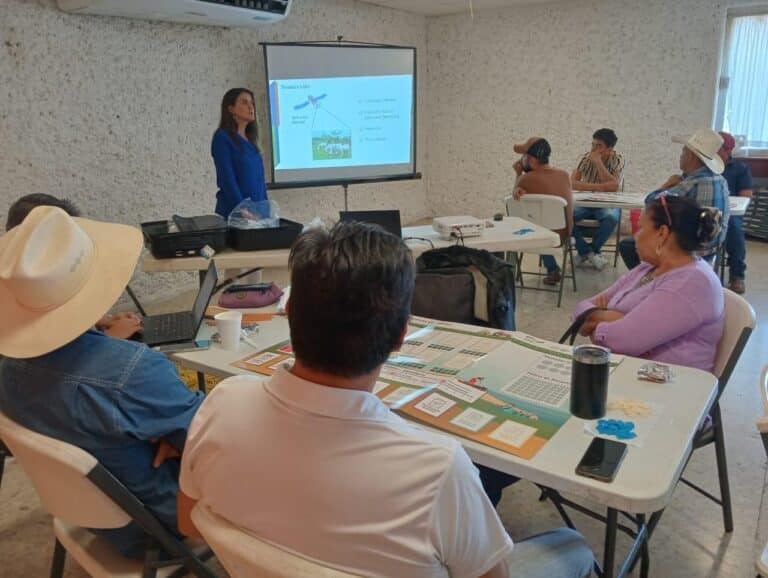IICA and AFIPA will work hand in hand for the benefit of Dominican agriculture and livestock

to work with Agricultural Good Practices
 Santo Domingo, Dominican Republic, May 2018 (IICA). The president of the Association of Manufacturers, Representatives and Importers of Products for the Protection of Crops (AFIPA), Ramón Castillo, declared that, in order to achieve an efficient and competitive agriculture, the shared work of the public and private sectors is necessary.
Santo Domingo, Dominican Republic, May 2018 (IICA). The president of the Association of Manufacturers, Representatives and Importers of Products for the Protection of Crops (AFIPA), Ramón Castillo, declared that, in order to achieve an efficient and competitive agriculture, the shared work of the public and private sectors is necessary.
Castillo gave the opening speech at the Third International Congress on Good Agricultural Practices «Luis Pelletier» held on Thursday May 24, with the participation of Osmar Benítez, Minister of Agriculture, who delivered the opening words of the event, at the Hotel Dominican Fiesta, in Santo Domingo.
AFIPA´s President pointed out that «when we talk about the public sector we refer essentially to the Ministries of Agriculture, Environment and Public Health». He added that, regarding the education sector, he refers to the National Institute of Technical Professional Training (INFOTEP), the Ministry of Education, Ministry of Higher Education, Science and Technology, the polytechnics and universities, for training, as well as cooperation agencies. With all these institutions, we can achieve great achievements, but we need to add our attitude, as demonstrated today by all present at this congress.
During the event, Kattia Fajardo, IICA Specialist who was invited as a speaker, presented the paper «Agriculture and Environment» where she emphasized the importance of these two elements for the search of a long-term sustainability, as well as the commitments that the countries have acquired to reduce the impacts generated by the different productive sectors.
On the other hand, Frank Lam, IICA Representative in the Dominican Republic, who during the event agreed to work together with AFIPA in the preparation of documents that address the issue of Good Agricultural Practices to be used by the Dominican agricultural sector, said that the exchange of information and knowledge not only sensitizes the public authorities and the private sector, but also generates spaces for the articulation and search of opportunities for joint work. He also added that the alternative of national agricultural production for local consumption and export, is to increase productivity and produce with quality and safety, taking care of the environment for the benefit of the health of people and conservation of natural resources.
More information: Frank Lam, IICA Representative in the Dominican Republic, frank.lam@iica.int











